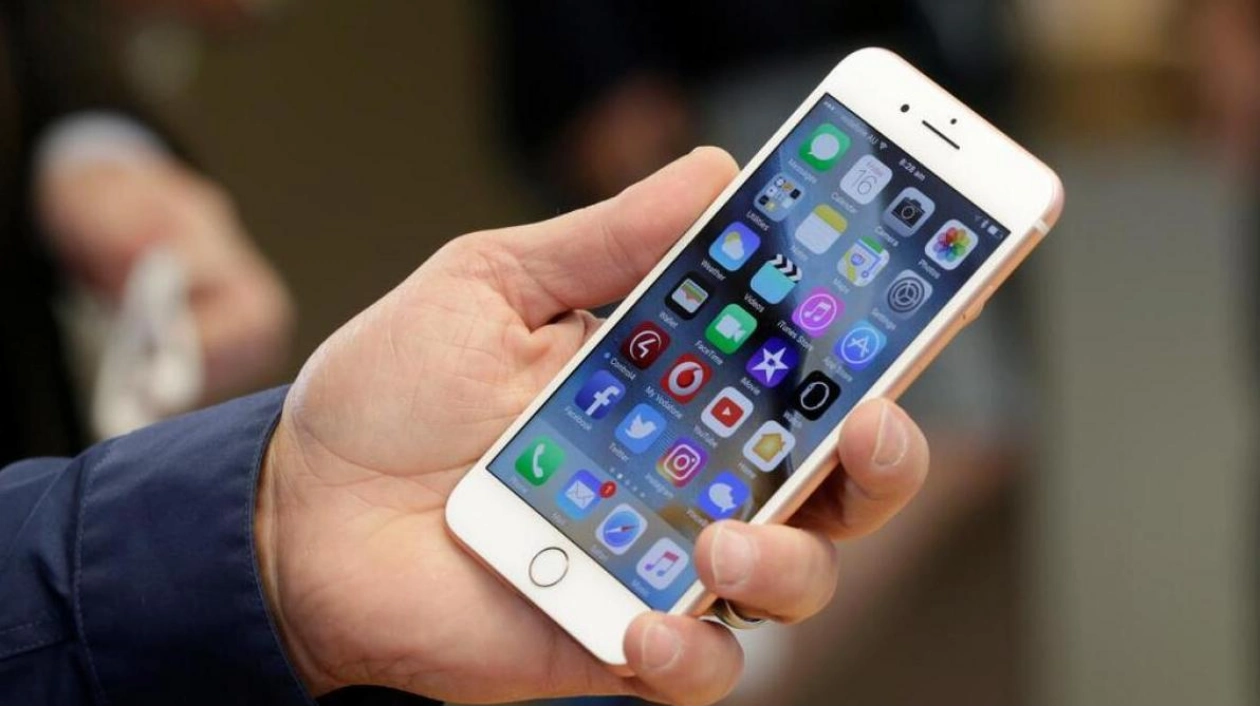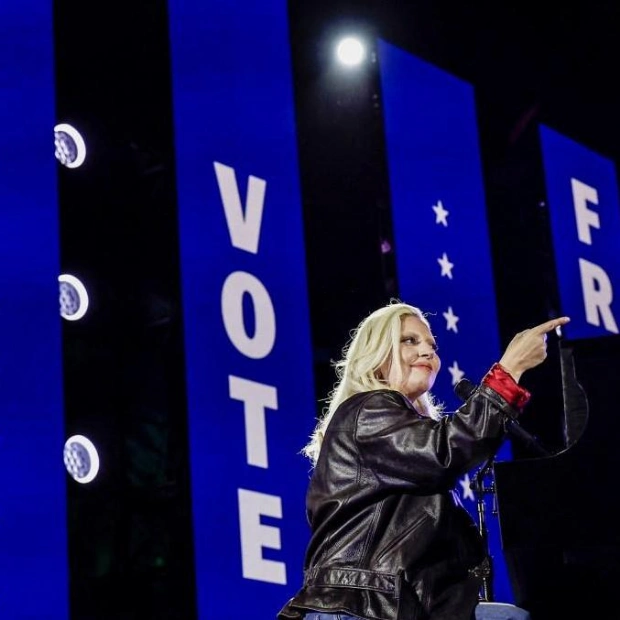Some UAE residents are turning to 'dumb phones' to restore their digital equilibrium, as studies indicate that screen addiction ranks as the top non-substance addiction globally. 'Dumb phones' are devices that offer only fundamental features like calling and texting, lacking internet-connected operating systems. Driven by the compulsive nature of social media, these residents are opting for real-world engagement over immediate digital access.
Zaid Basalat, a 22-year-old Jordanian expatriate, recently switched to a basic phone post-graduation due to the persistent distractions from his smartphone and social media. 'The constant use of my smartphone and social media always distracted me. I couldn't last even five minutes of reading without looking at my phone. It was like an addiction that affected my productivity,' he shared with Khaleej Times. Zaid also felt that excessive social media use undermined his confidence in face-to-face interactions, which could affect his career.
'The first day of deleting social media and using a dumb phone was very tough. It seemed like I was having withdrawals from my phone addiction,' Zaid recounted. However, he found new ways to occupy his time, such as walking and learning new skills. Despite initial challenges like staying connected with friends and updated with news, Zaid adapted by calling friends directly and listening to the radio while driving.
Since removing his social media, Zaid noticed a more realistic outlook and improved focus. After two months, he reported no adverse effects from his digital detox. However, due to his job demands, he couldn't fully commit to a basic phone and plans to continue his digital detox during his next vacation.
Yusuf Ahmad, a 22-year-old Egyptian expatriate, also chose a digital detox to minimize distractions and reclaim his time. 'I wanted to reduce distractions and reclaim my time. I found the constant notifications and social media use too overwhelming,' he explained. Yusuf gradually shifted to a basic phone, which initially felt liberating yet challenging. This change allowed him to focus more on reading, exercising, and being present, significantly improving his productivity and mindfulness.
Shama Ali, a 26-year-old from Al Ain, attempted to use a 'dumb phone' for 15 days but couldn't sustain it. 'I had all my life on my smartphone. I felt paralyzed without it,' she confessed. Although she initially felt more productive with less screen time, Shama eventually found it difficult to continue using a basic phone.
Dr. Hanan Mahmoud Kandil, a psychiatry specialist at Medcare Hospital Sharjah and Medcare Royal Specialty Hospital, Al Qusais, highlighted the prevalence of screen addiction. 'Research shows that screen addiction is the number one non-substance addiction in the world,' she stated. Dr. Kandil emphasized the importance of reducing digital connectivity for a balanced life and recommended developing a balanced routine, including relaxation techniques and regular physical activity.






